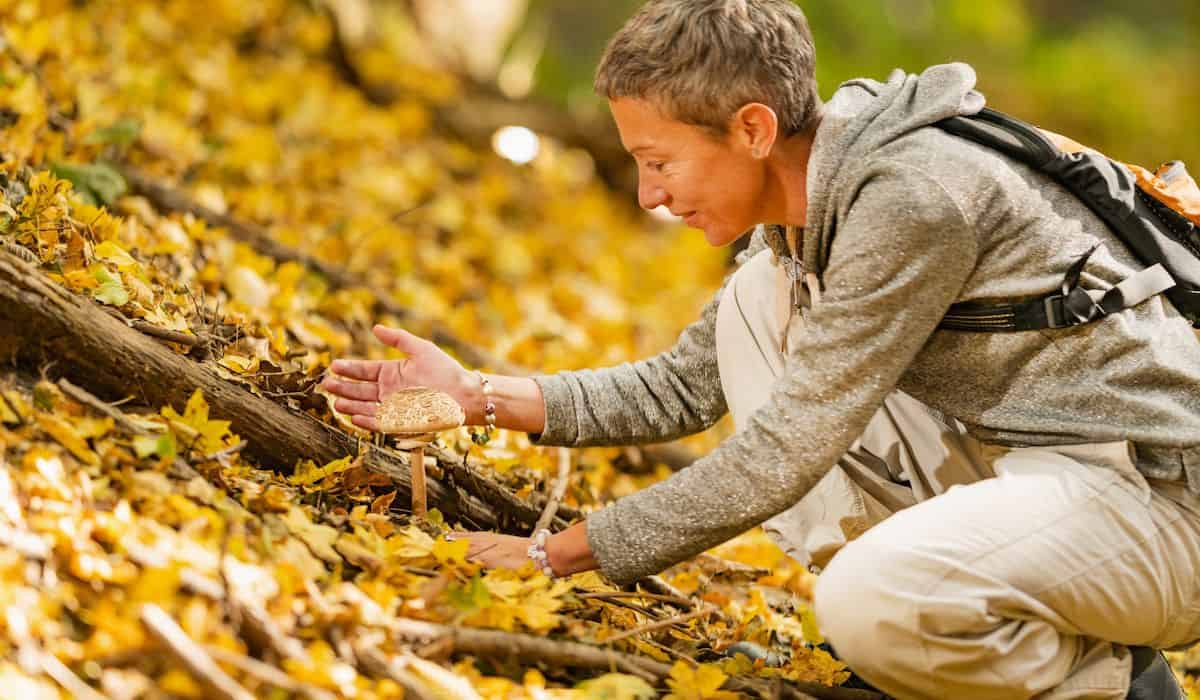You don’t need a master’s degree in biology to have fun with it. If you’re interested in the living, vibrant world around you, you can always take up one of the hobbies below.
The best part about hobbies related to biology is the fact that you’re learning something new on top of enjoying yourself.
They also usually don’t cost a lot to get started – all they need from you is effort!
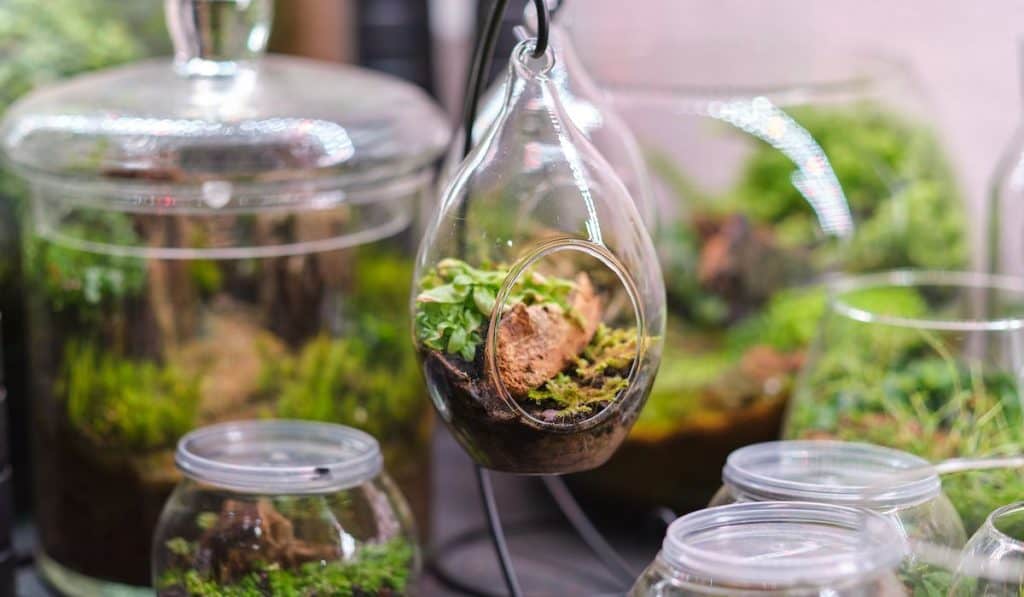
1. Miniature Ecosystems
You know how some people have bottled boats? Now, have you ever heard of bottled ecosystems? This practice is relatively new, but it’s taken the world by storm because of its intricate concept.
A miniature ecosystem is, essentially, a small, living piece of nature bottled in your home.
Basically, you build a small ecosystem in a bottle, a bowl, or a terrarium. To get started, all you need is some soil and a few plants.
Some builders came up with a few interesting challenges, so you may find pictures of ecosystems in Tic-Tac boxes or other small containers found in everyday life.
The trick isn’t to get the plants to grow to a massive size, but to design a diverse ecosystem that will stay small and represent a natural biome (be it woodland, grassland, desert, or other biomes).
Aside from plants, some builders add insects, frogs, crabs, and even lizards to their ecosystems!

2. Hiking and Camping
Hiking is probably the most basic biology-related hobby, but in a way, it’s where all the other hobbies start.
Whether you’re interested in entomology, miniature ecosystems, or bird watching, there’s no better place to start than the closest forest.
Aside from collecting and observing animals and plants, you can make hiking and camping challenges of their own. Provided that the weather isn’t extreme, why not sleep in the woods for a few days?
There’s no better way to get in touch with nature than by living the way humans lived thousands of years ago, even if it’s just for a few days.
Some campers take it a step further by taking up survival camping. They only bring enough food for one day, and they have to hunt and collect the rest of the food for the remainder of the trip.
I feel like a disclaimer is needed here: do not go survival camping if you’re an amateur!
Most survival campers are experienced – they know how to hike, climb, hunt, trap, navigate, and build shelter, and they know which mushrooms will kill them. This is a fun idea, but it’s one for the future!
Whether you’re going alone or as part of a group, hiking and camping in the wild will have you experience nature on a completely different level!
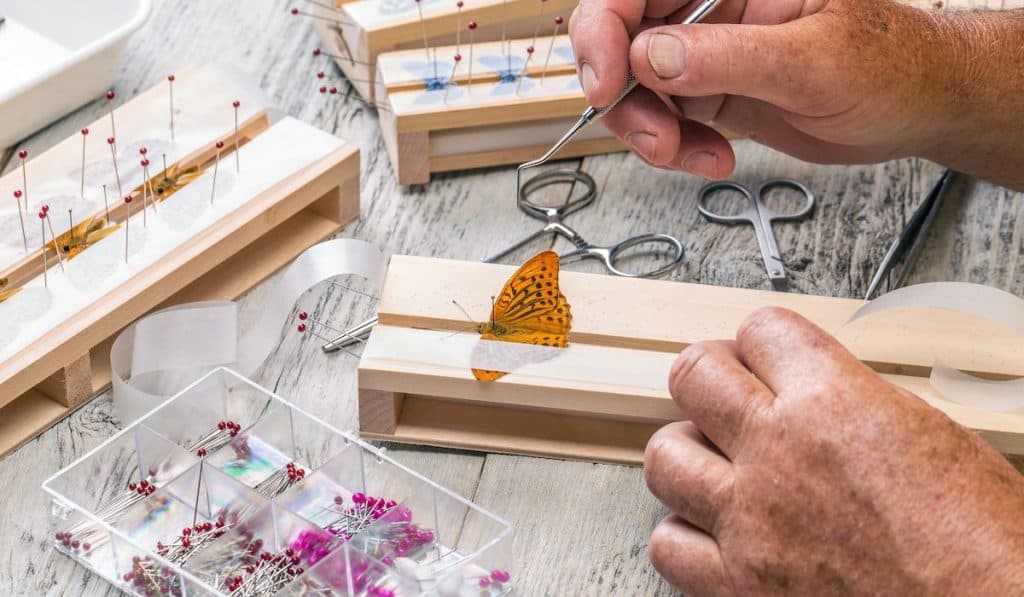
3. Entomology
Entomology is the study of insects, and since they make up more than half of all living organisms on the planet, there’s plenty for you to do.
Aside from just learning more about the world of insects, these collections make quite a decoration in the home.
You don’t need a degree in biology to be an amateur entomologist.
To collect insects, you need to capture them, dry them, pin them, and preserve them. As you may know, entomologists pin insects to a whiteboard, which is the best way to display them.
The best part about this is – you don’t need to go into the wild to do this.
Sure, at some point you’ll get all the insects around your home, and you’ll have to go into the woods to find species you still haven’t collected, but you can start by setting a trap on your balcony!
If you’re not comfortable with killing insects, then you can simply release them after capturing them but know that you won’t get to keep them on display that way.
Out of all insects, butterflies are the most sought-after because of their striking colors. They are the insects people like seeing on display the most.
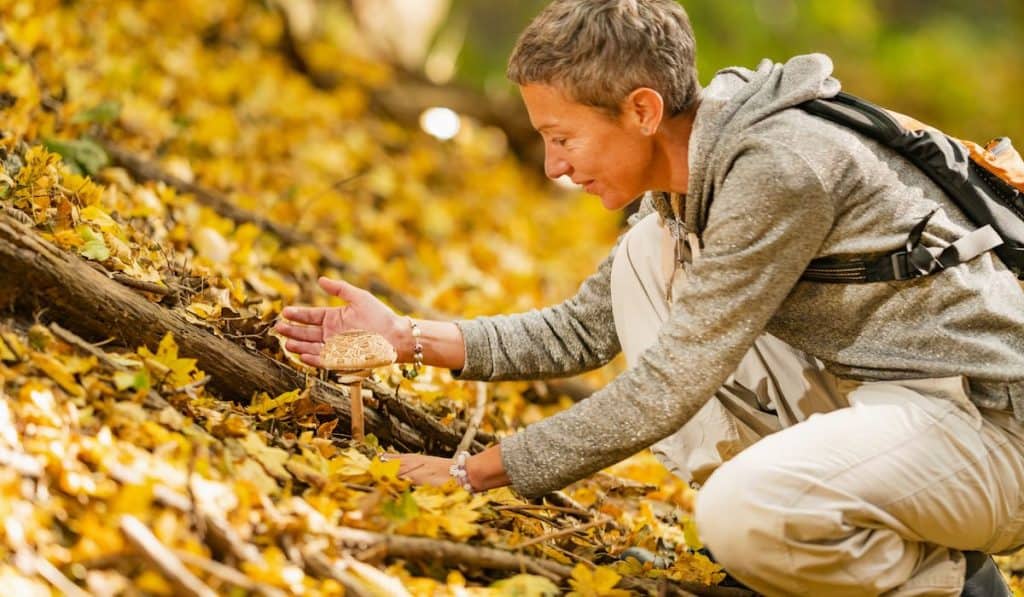
4. Mushroom Hunting (and Growing Mushrooms)
Also simply known as mushroom foraging, this hobby stems from our history.
When we lived in hunter-gatherer societies, mushrooms were a common part of our diet, and more-or-less everyone knew how to hunt for mushrooms.
Today, it’s a bit of a lost art, but you can certainly find a mushroom-hunting group in your area.
Now, before we move on, I feel like another disclaimer is needed here. If you don’t know anything about mushrooms, don’t start mushroom hunting on your own.
Mushroom hunters are experienced people, and even they won’t eat a mushroom that they can’t positively identify.
There are about 250 poisonous mushroom species in North America alone and you do not want to eat any of them. Do not, under any circumstances, eat a mushroom you can’t identify.
Not only will you spend a nice day outside with a group of like-minded people, but you’ll also get a nice lunch, as you’ll most likely prepare and cook the mushrooms together.
Aside from just hunting mushrooms, there are also mushroom festivals all around the world in which you can buy, sell, cook, and eat various mushroom species that you might never have seen before.
Also, let’s not forget that you can grow your own mushrooms.
This is a bit of a niche hobby, but anyone can easily grow their own mushrooms (both indoors and outdoors), provided that sunlight and temperature are regulated.
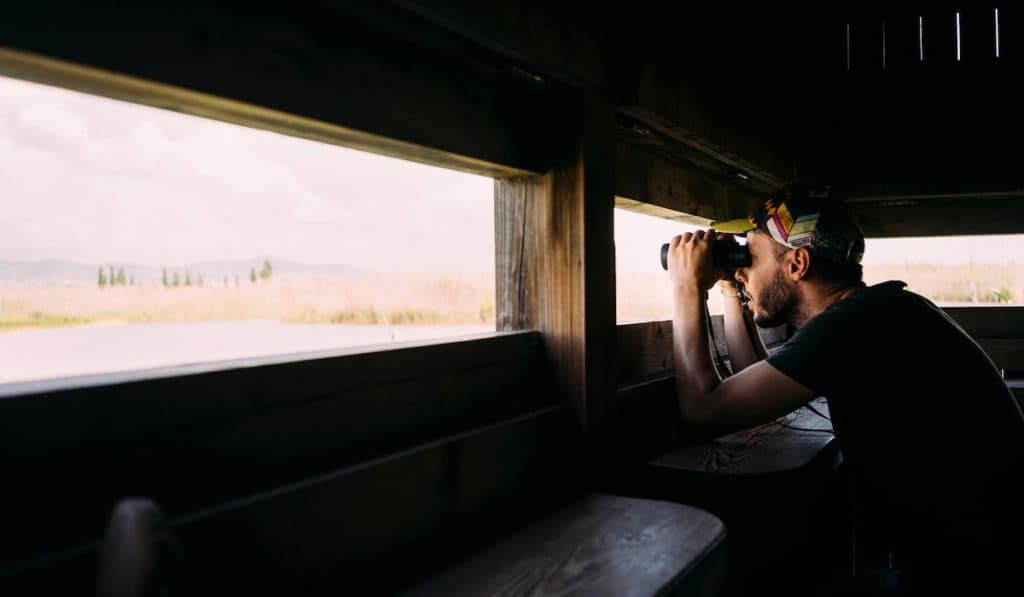
5. Birdwatching
Despite its name, birdwatching requires a keen sense of hearing, as the easiest way to find birds is by listening to their calls. Perhaps even more than that, it requires patience.
Some birds live extremely secluded lives and just spotting them once in a lifetime is an achievement.
While most birders travel in groups, usually through local biomes, this is a global hobby, with many devoted birders traveling all around the world to spot different species.
While birdwatching is a hobby, many ornithologists use reports and records made by birdwatchers in their work.
For example, the Cornell Lab of Ornithology (possibly the best ornithological laboratory in the country), often organizes scientific projects which include the public.
Birdwatchers rely on sound equipment to locate the source of bird calls, and they use binoculars and telescopes to pinpoint their location.
Then, cameras are often used to record and document the birds.
This is a very slow hobby and it’s not as dynamic as anything else on the list, as it’s entirely possible to spend hours in the wild and not find a single bird.
However, it’s a slow-burning skill – it takes a lot of patience and experience to become good at it, making it a hobby for the long haul.
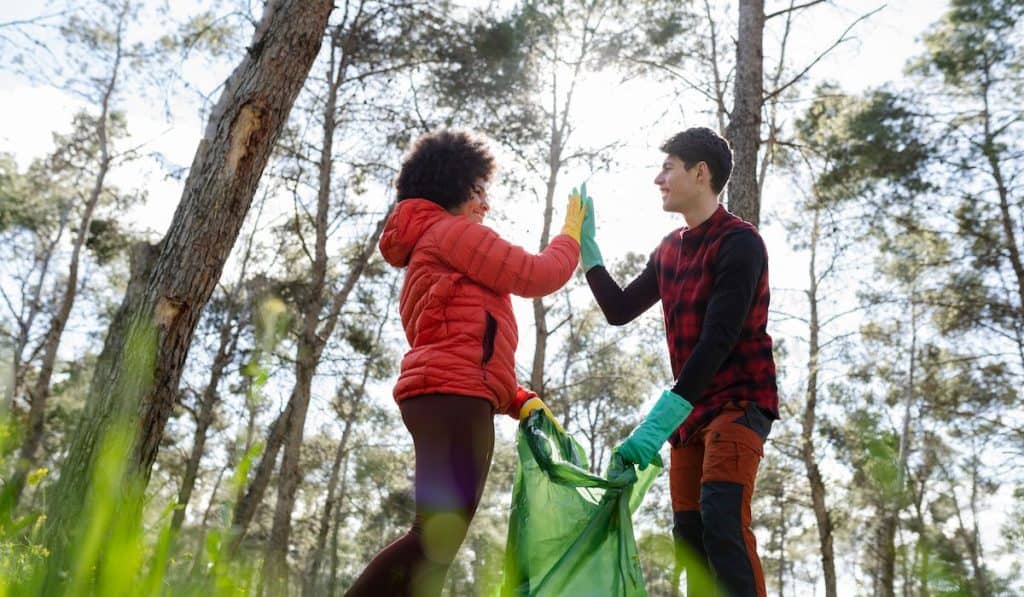
6. Volunteering with Rewilding Organizations
Rewilding organizations are not-for-profit organizations that restore wild ecosystems, support wildlife, and reintroduce various species to habitats they once populated.
As you might assume, these organizations rely on volunteers, and if you’re passionate about keeping the planet healthy and helping endangered species, this might be just the hobby for you.
There are many different organizations with different goals. Organizations that work on reforestation are, as the name suggests, replanting forests lost to wildfires or to deforestation.
This doesn’t only help air quality, but it also provides a habitat for many species.
Then, we have rewilding, which is the process of reintroducing animal species into habitats they were chased out of. For example, the reintroduction of the Lynx all over Europe by the Mossy Earth group.
There are also cleanup activities, during which volunteers clean up man-made trash from wild habitats.
And restoration of swamp areas, during which groups literally flood a massive area to make a swamp.
This hobby isn’t only fun, it’s good for the environment!
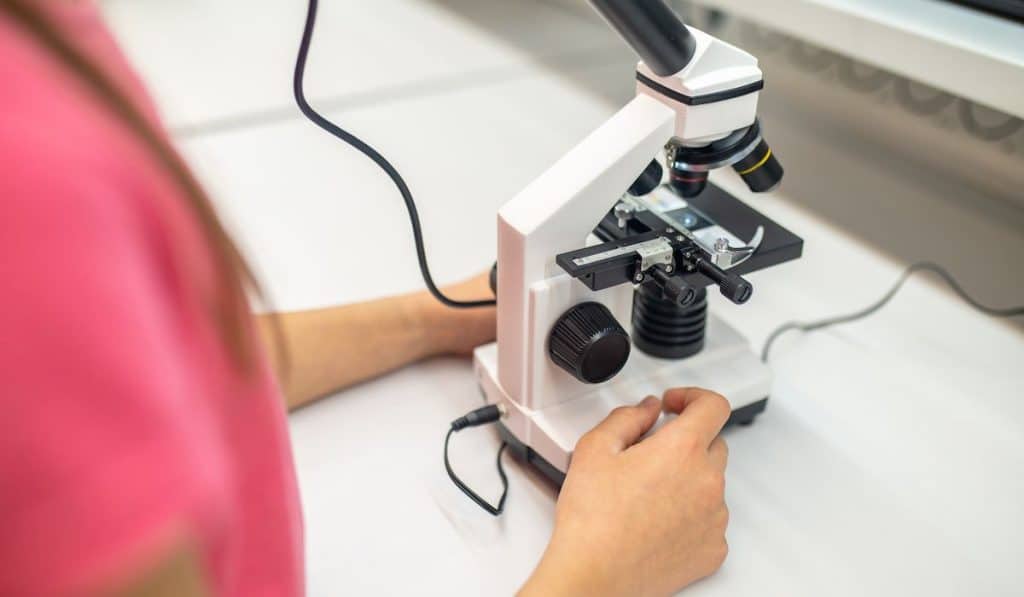
7. Microscopy
This hobby takes a bit of money to get started as you need to buy a high-quality microscope, but observing the tiny world we don’t normally notice can take your breath away.
Microscopy is the hobby of researching tiny objects and organisms, most often from a local pond.
You’d be amazed to find that there are entire microscopic communities sharing the planet with us, and you can find most of them in a puddle of rainwater!
In Summary
Whatever you go for – you can’t go wrong with these activities!
Biology is a massive field, and you obviously won’t ever have it all in the palm of your hand. Taking up just one of these hobbies will greatly expand your understanding of the world around you.
On top of that, you’ll meet new people and have some fun doing what you love! What are you waiting for?
Resources
- https://www.youtube.com/watch?v=QTH9m6MDIfc
- https://www.youtube.com/watch?v=t2jL3QP4hTA
- https://web.archive.org/web/20150220154543/http://www.globalchange.umich.edu/globalchange2/current/lectures/biodiversity/biodiversity.html
- https://bohart.ucdavis.edu/how-collect-insects
- http://www.bccdc.ca/resource-gallery/Documents/Educational

